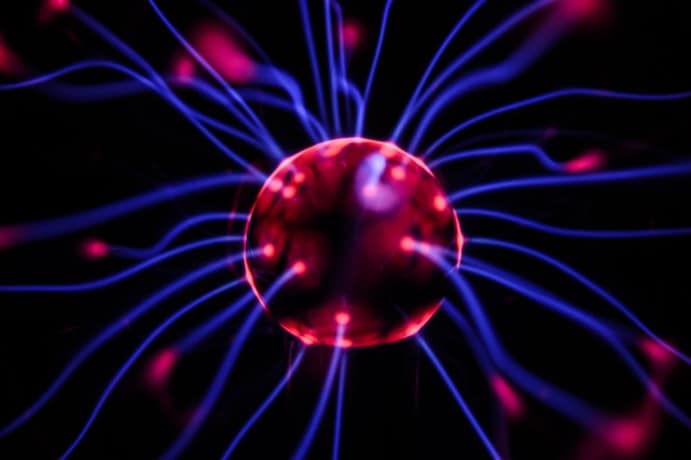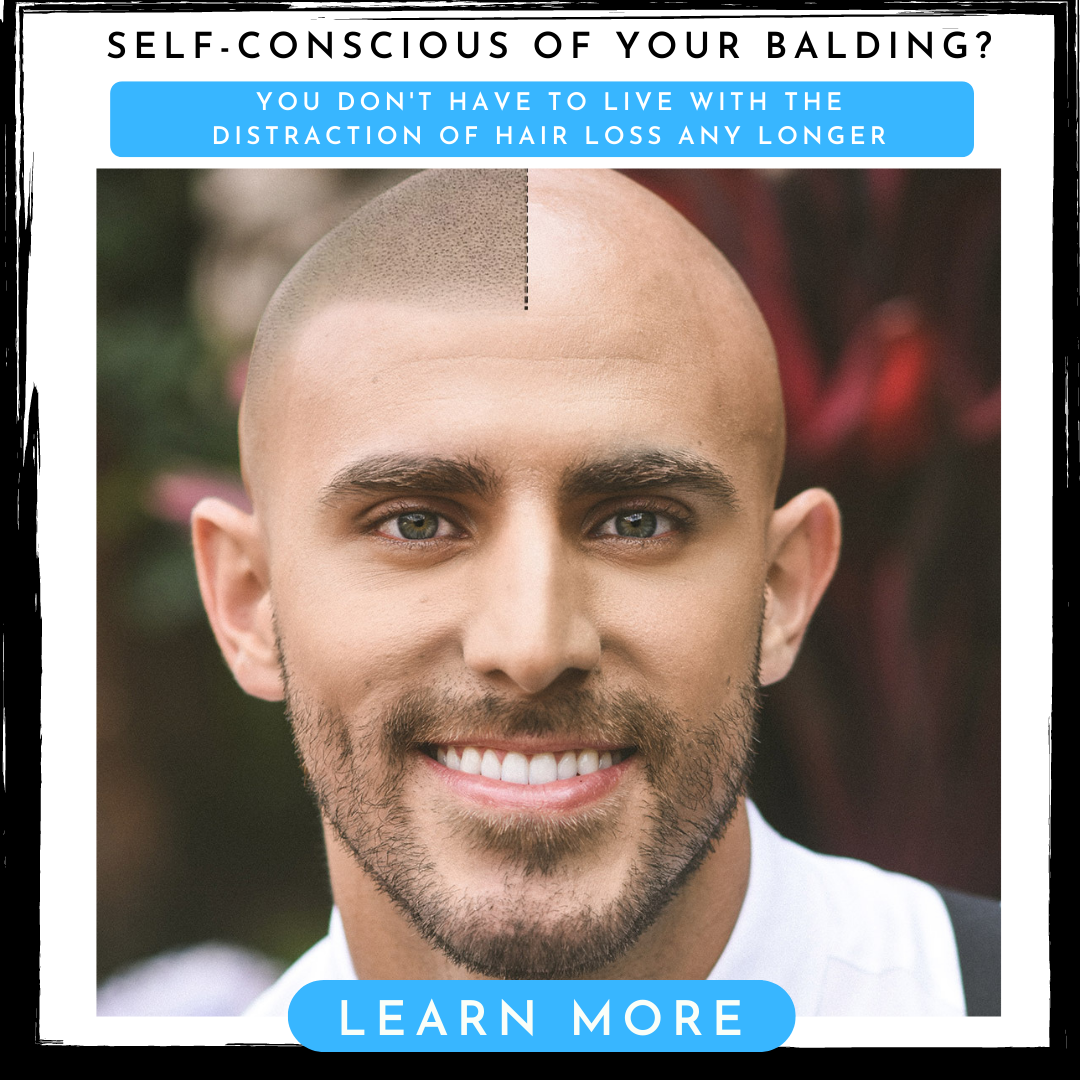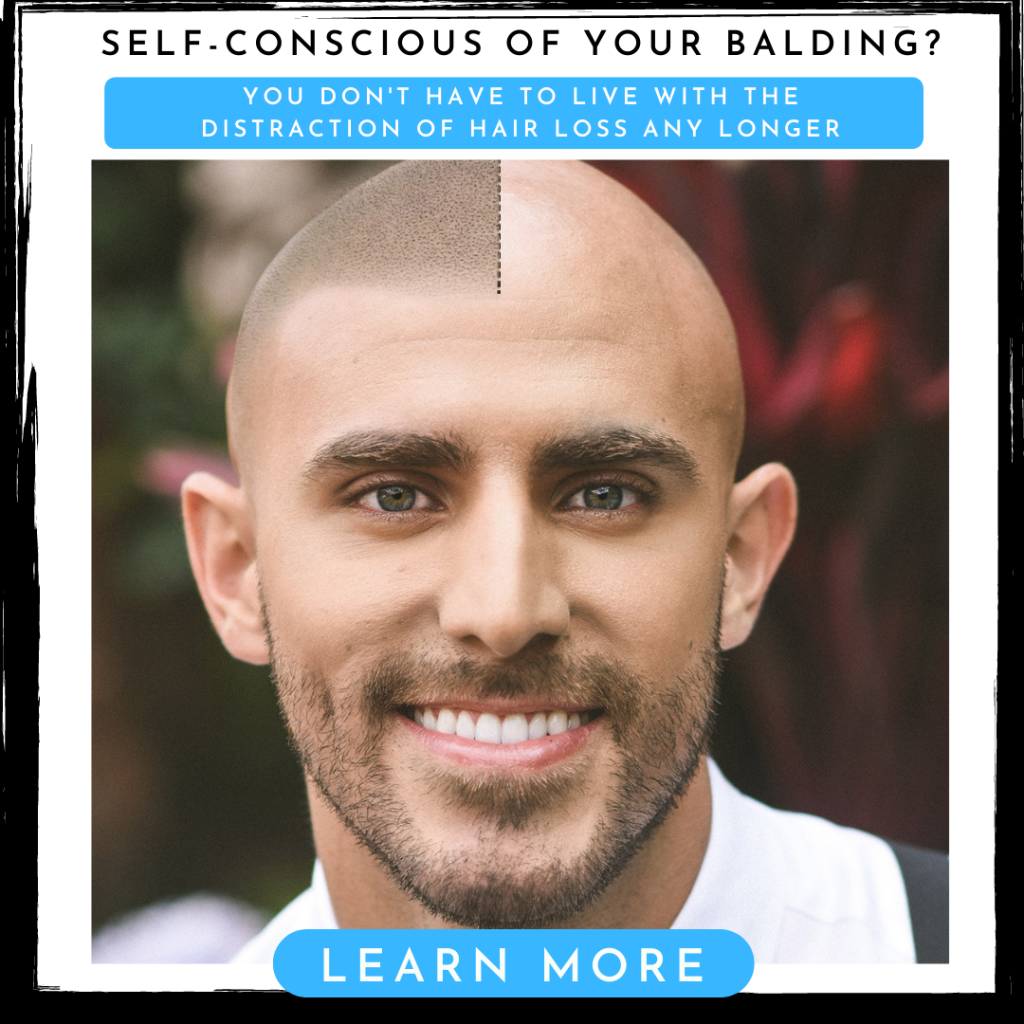Do you want to know the path to living stress-free and happily in this world? It starts with gratitude. If there is one thing you can incorporate in your life, one thing that will make all the difference to how you feel when you go to sleep and when you get up in the morning, it’s how grateful you are for everything that you have.
“In ordinary life, we hardly realize that we receive a great deal more than we give and that it is only with gratitude that life becomes rich.”
–Dietrich Bonhoeffer
Maybe you’ve come across this gratitude thing before, and you thought to yourself: Really? How does it work? What does gratitude do to the brain, if anything at all?
Well, you’re about to discover just that!
The practice of gratitude increases dopamine production in the brain, which in turn, activates the pleasure center, uplifting your mood. Regularly practicing gratitude helps reduce depression, anxiety, and stress by forcing you to shift your awareness to the positive things in your life. You’ll also sleep better and be in a better overall mood throughout the day if you practice gratitude before going to bed and just after waking up. Over time, you’ll become a much happier and outgoing person.
But let’s first be clear about what gratitude is: It is when you are thankful for an incident that took place. Gratitude is when you say (and actually mean) “Thank you God/Universe/Nature/World for X thing(s) that happened in my life.” That X can be anything, from watching a beautiful sunset to meeting the love of your life.
So, now you know what gratitude means. But before you inspire yourself by reading the benefits of gratitude, let’s try practicing it right away. Take a moment and be grateful that:
- You are alive and well-off enough to be reading this on a smartphone or personal computer.
- You have access to all the world’s information in your pocket.
- You’re about to discover the remarkable benefits of gratitude and how gratitude rewires your brain – really, it can change your life.
Now that you’re feeling grateful let’s talk in more detail about what gratitude does to the brain and the scientifically-proven benefits of gratitude.
Keep in mind not to compare yourself with others. This is one of the most essential things about gratitude. It is supposed to encourage you to look at the positive stuff in your life, not to notice how you’re better off than other people.
Don’t say: I’m grateful for having this healthy diet because many people don’t have this privilege. The key is to appreciate the good things that you have in your life. Don’t feel grateful just because someone else is suffering and you’re not. There’s no need to justify your gratitude for something; simply feel grateful and enjoy it.
Table of Contents
How You Can Benefit from Practicing Gratitude
Now that you’re feeling grateful let’s talk about how it affects your brain and the various scientifically-proven benefits of gratitude.
Do you know that your self-esteem (how you feel about yourself) has a direct impact on everything you do? If you want to improve your life, you need to start by improving your self-image. Gratitude is an excellent step in that direction. When you count your blessings, it naturally makes you feel good about yourself and your surroundings.
Rather than comparing yourself with others and focusing on others having more friends, money, success, or fame, gratitude forces you to appreciate and be thankful for what you have. This allows you to stop comparing yourself so much and just be happy for others, boosting your self-esteem.
Counting Blessings Versus Burdens was an experiment by Emmons and McCullough in which the participants were divided into three groups. Group 1 was asked to list the good things that happened with them, Group 2 was asked to list the negative events, and Group 3 was supposed to list neutral events. They kept daily and weekly records of their health behaviors and overall mood. It was found that the gratitude listing Group 1, felt better about themselves and their lives, were more optimistic, and were overall happier than the other two groups.
Recent studies now prove that incorporating gratitude in your daily routine has a significant impact on healthy cognitive function as well as physical and psychological health. It is one of the most effective ways to stay in the virtuous cycle and keep those good chemicals flowing in the brain.
Gratitude rewires your brain by stimulating the limbic system and triggering the release of hormones like dopamine, serotonin, and norepinephrine – all of which are responsible for managing our emotions. These feel-good neurotransmitters work like antidepressants, activating the “bliss” center of the brain, creating feelings of happiness and contentment. Practicing gratitude also increases activity in the hypothalamus, which is responsible for maintaining homeostasis. In other words, it is our body’s internal balance system and manages things like body temperature, hunger, thirst, metabolic activities, etc.
This process appears to be self-perpetuating. Research suggests that with regular practice of gratitude, you’ll train your prefrontal cortex to appreciate better and remember positive thoughts and experiences and to deflect the negative ones. You must’ve heard about the 21-day rule and how anything you do daily for 3 weeks becomes a habit. With daily practice of gratitude, neural pathways get created in your brain, and it gets into the habit of seeing the positive side of things and events.
Gratitude is one of the best things you can do for yourself to help you with depression. It enables you to revive the motivation that had been sucked away by depression. As discussed above, when you actively think about the positive things in your life, your brain releases hormones that are great for mood regulations. These hormones activate the pleasure centers in your mind and inhibit feelings of worry and grief.
A study by Lyubomirsky and Sin in 2009, involving more than 4200 people, concluded that positive feelings of gratitude do indeed decrease depressive symptoms and enhance a person’s overall well-being.
Of course, nobody is saying that gratitude is the perfect cure for clinical depression. But it certainly helps lift your mood, and it’ll definitely contribute to a brighter daily life. If you are genuinely expressing your gratitude, it is impossible to feel depressed in the same moment.
Improved sleep is one of the benefits of gratitude that you’ll start to notice within a couple of days. One can easily imagine how feeling grateful just before bed can help you have a sounder and longer sleep. An attitude of gratitude shifts your awareness to the good things in your life, which gently uplifts your mood and relaxes you.
When you make a list of good things that happened in the last 24 hours, you remind yourself the day wasn’t so bad after all, or maybe there were even positive things that happened.. This positive – or at least non-negative – outlook calms your mind, and you’re able to fall into a deeper sleep comparatively quicker.
Research conducted at the University of Manchester in England studied the influence of gratitude on people’s sleep. It involved more than 400 people aged 18 to 68, including 40% with sleep disorders. The researchers studied their thoughts of gratitude, sleep, and thoughts just before sleep through a questionnaire. The research finally concluded that the people who practiced gratitude before sleeping were able to fall asleep quicker, for a more extended period, and had a greater-quality sleep.
When you start to practice gratitude, you’ll get a sense of perspective – you’ll begin to see what really matters to you. Most of us start our day by reaching for our phone and checking our emails or social media. Whereas the gratitude gurus claim that you’d be in a much better mood and happier throughout the day if you start by counting three things you’re grateful for before getting out of bed.
Expressing gratitude is a lovely thing to do for others, but gratitude also impacts our own level of happiness. In one study, subjects were asked to think about someone they really appreciated, and then they were encouraged to express their appreciation in person or over the phone. What they found is that the act of merely thinking about that person and what they appreciated about them increased the subjects’ own happiness level by 2 to 4 percent.
There’s more! Those who personally expressed their gratitude either in person or over the phone showed happiness gains between 4 to 19 percent. The best part? The person who experienced the highest jump in happiness was the one who scored the lowest on the baseline happiness test at the very beginning of the study.
So, what does that tell us? On those days that are particularly tough – when you’re stressed or anxious or sad – a sincere expression of gratitude will not only make someone else happier, but it’s going to make you happier as well.
Takeaway
As you make it a habit to look for things to be grateful, you realize that there are many decent things you take for granted, that you don’t have to keep getting new stuff continuously to be happy. Greek Philosopher Epicurus explained this beautifully when he said:
“Do not spoil what you have by desiring what you have not; remember that what you now have was once among the things you only hoped for.”
–Epicurus
Remember that new computer setup you wished to have so badly, which you’re perhaps using to read this article right now? Or your new favorite song that you’ve got on repeat mode ever since you came across it? Did you ever take a moment to express your gratitude for these “small” things? Actively expressing gratitude makes us understand that we already have enough to make us happy, which in turn makes us feel good about ourselves and optimistic about the future.
Remember that gratitude, like any other skill, can be learned and mastered over time. You can begin by simply writing down the things you’re grateful for when you go to sleep, and after you wake up, and the numerous benefits of gratitude will slowly make way into your life.
Hopefully, this article inspired you to start developing an attitude of gratitude yourself. Without a doubt, you’ll experience a long-lasting positive change in your life. Lastly, I’m thankful that you read it all the way to the end.
“It works in the same way as metal being drawn to a magnet; your gratitude is magnetic, and the more gratitude you have, the more abundance you magnetize. It is Universal law!”
―Rhonda Byrne, The Magic









